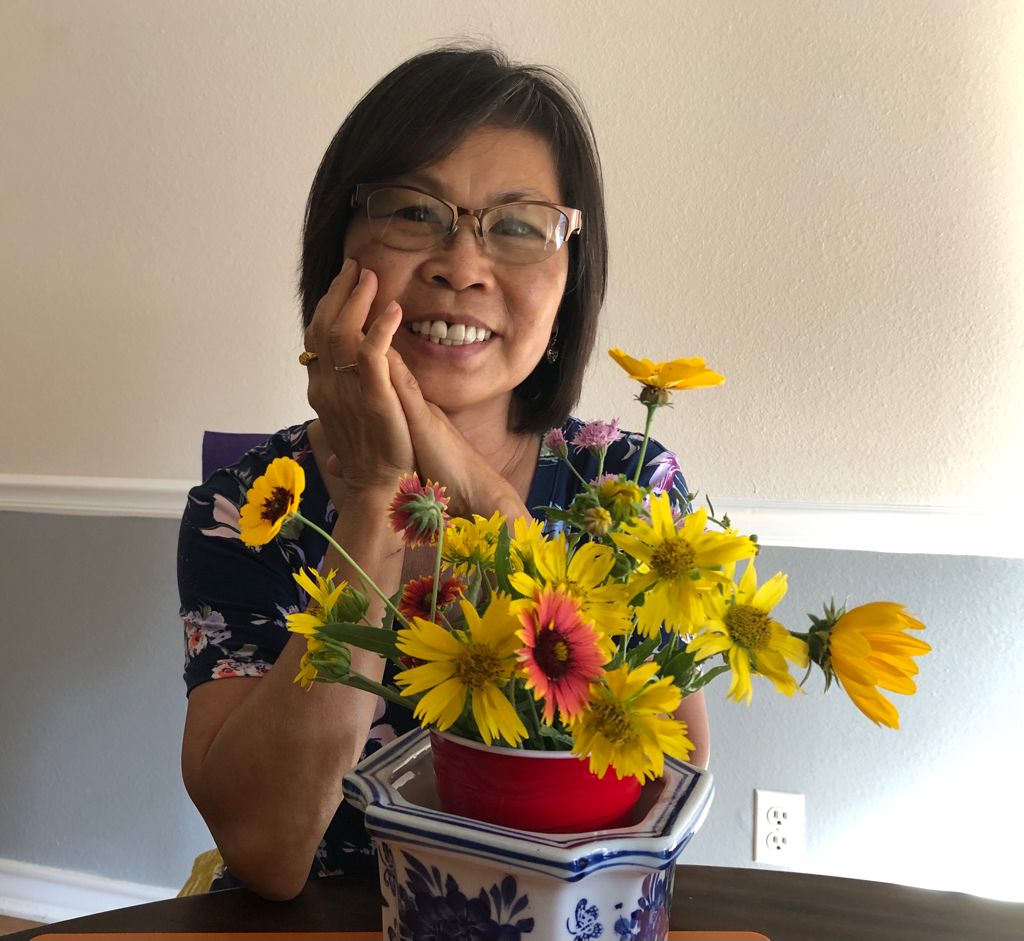Celebrate AAPI Month and AANHPI Mental Health Day: Looking Beyond the Covid-19 Pandemic
 Rev. Anton Boisen is known as the father of the clinical pastoral education movement. He
was one of the first chaplains in a psychiatric hospital - Worcester State Hospital in 1925.
Boisen’s legacy comes out of his life story as one who suffered mental illness. In 1920, six
policemen took him to Boston Psychopathic Hospital. Years later, Boisen was to observe
that being plunged as a patient into a hospital for the insane may be a tragedy or it may
be an opportunity.
Rev. Anton Boisen is known as the father of the clinical pastoral education movement. He
was one of the first chaplains in a psychiatric hospital - Worcester State Hospital in 1925.
Boisen’s legacy comes out of his life story as one who suffered mental illness. In 1920, six
policemen took him to Boston Psychopathic Hospital. Years later, Boisen was to observe
that being plunged as a patient into a hospital for the insane may be a tragedy or it may
be an opportunity.
The 2020 outbreak of the COVID-19 pandemic in the United States brought about a secondary epidemic in Asian American Pacific Islander communities (AAPI) across the United States. Painfully, it was an epidemic of hate by association due to COVID-19’s origin in China. COVID-19 may have been the key driver behind the hate crimes against AAPI communities in recent years. Still, anti-AAPI racism also has its roots in American society toward AAPI as “model minorities,” “perpetual foreigners,” or “invisible minorities.” According to the recent research done by the American Psychiatric Association, it illuminates the relationship between anti-AAPI racism and AAPI mental health as complex and nuanced. These biases, unexamined and unchecked, only contribute to more racism and social pain; unfortunately, they are inflamed by some, even at the highest of political office.
In my doctoral (2012-2016) work on the mental health of AAPI, three primary failings were named:
1) the lack of research, 2) the extreme lack of culturally relevant mental health diagnosis and culturally sensitive diagnosis and treatment paradigms, and 3) the shortage in the allocation of educational and public health resources for AAPI communities.
Several years ago, when I applied for a grant to promote a bilingual Clinical Pastoral Education (CPE) program at a CPE center that I was associated with as a CPE Educator, the grant application was turned down for reasons - “not enough people would be benefited by your research and work because there are so few Asians - patients, care providers and CPE students.” In the absence of new and emerging indigenous work on mental health, we continue to risk using only current models, predominantly Western interventions, which come short of meeting the unique and culture-specific needs of AAPI.
Societal adversity and traumatic experiences have led to greater awareness, intervention, and advocacy by AAPI communities at large. AAPI communities have a long history in the United States as a people with resilience and courage. Political efforts were made to end mental health stigma among AAPI and to increase access to mental health treatment. The first congressional resolution was introduced by Rep. Judy Chu in 2021 to recognize May 10th as Asian American, Native Hawaiian, and Pacific Islander (AANHPI) Mental Health Day. It was followed up by Sen. Mazie Hirono in 2023 and signed into law. This annual celebration honors the contributions of AAPI communities within American culture and society in science, medicine, education, arts, politics, and reform. Through several iterations since 1977, it became law in 1990 that AAPI as a people group would be recognized and celebrated in May as Asian American and Pacific Islander Heritage Month.
The month of May is often experienced by many as a season of growth. We welcome the rain of early Spring that nurtures the seeds in the ground - planted by pioneers who have gone before us; and nurtured by the resilient and brave. May AAPI and AANHPI communities be inspired by its history and forerunners. May we turn our tragedies into opportunities.
Boisen, Anton The Exploration of the Inner World. (Wilett, Clark & Co., 1971) 1
Asian Americans and Discrimination During the COVID-19 Pandemic, Neil G. Ruiz, Carolyne Im and Ziyao Tian, November 30, 2023, Pew Research Center. https://www.pewresearch.org/race-ethnicity/ 2023/11/30/asian-americans-and-discrimination-during-the-covid-19-pandemic/
Psychiatric News, Feb. 22, 2022. American Psychiatric Association.
Kwong, Yoke Lye, Mental Health of Chinese Americans: Voices in the Wilderness - In Search of Solidarity from Their Indigenous Churches, Doctor of Ministry 2016, New York Theological Seminary, New York, NY.
